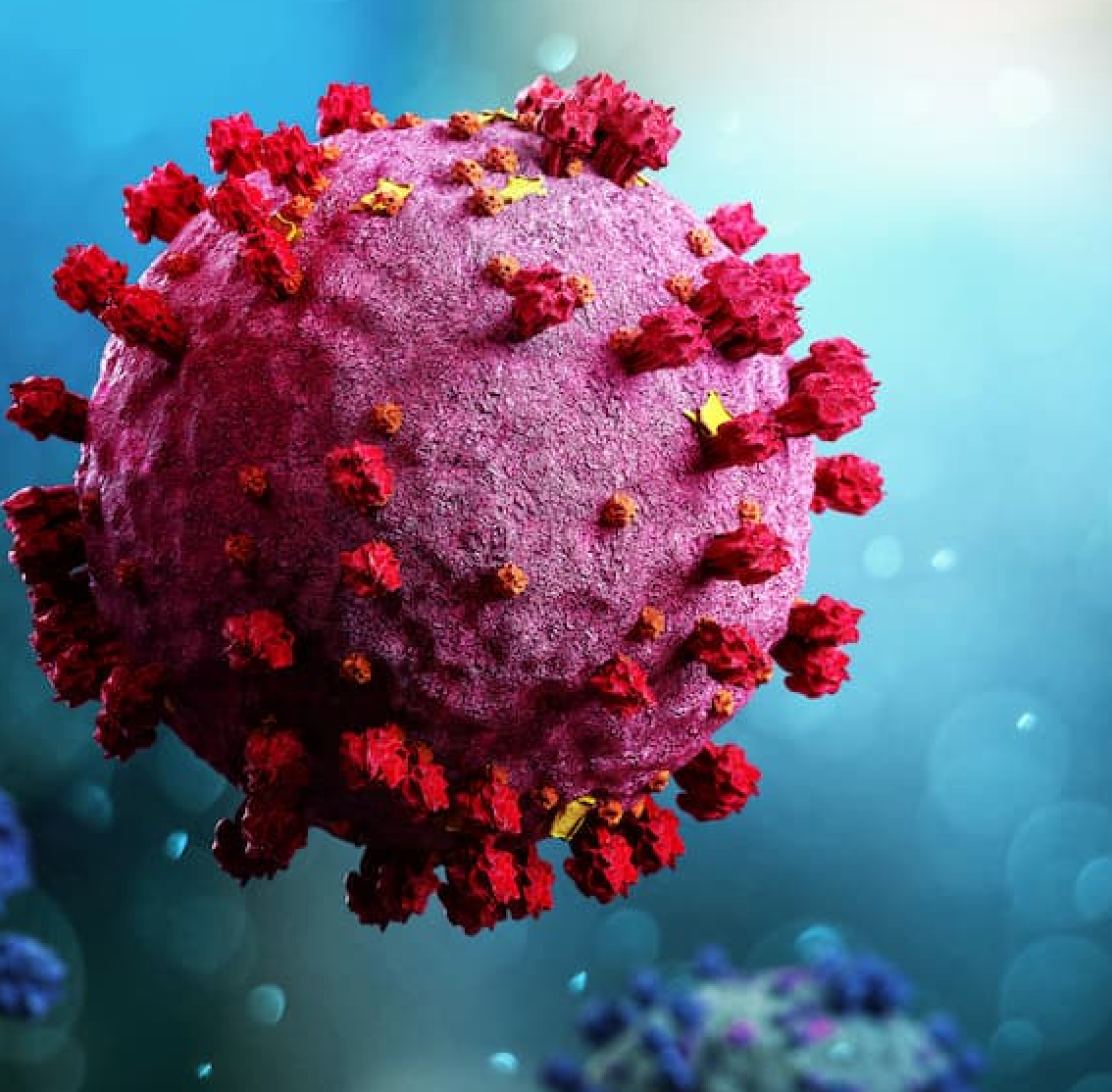Colchicine Treatment Significantly Improves COVID-19 Outcomes
Findings indicated treatment with colchicine resulted in a significant reduction in mortality rate compared with placebo or standard care.
Credit: Adobe Stock/Production Perig

Treatment with colchicine demonstrated significant clinical improvements compared with standard care or placebo among a cohort of patients with COVID-19—particularly regarding mortality or the need for oxygen—according to a study published in BMC Pulmonary Medicine.1 Given these results, investigators believe this drug, which is often prescribed to treat gout and other autoinflammatory conditions, could help manage severe cases of COVID-19.
Colchicine, an alkaloid drug, inhibits the release of interleukin (IL)-β and IL-6. It is also often used to decrease the inflammatory response indicated in the pathophysiologic process of COVID-19—a disease with a clinical presentation that ranges from flu-like symptoms to severe pneumonia and death—and has been deemed a safe, widely available, and affordable treatment option.2
“The ongoing impact of COVID-19 on all life aspects, the scarcity of effective treatments and the emergence of new virus variants resulted in the urgent need to repurpose the already existing drugs and to invent new therapeutic agents,” wrote a team of international investigators. “This raised concerns about the effectiveness of colchicine in COVID-19 treatment and the possibility of providing an improvement in the clinical course of the disease.”
To better understand the efficacy of colchicine in COVID-19 treatment, investigators conducted a comprehensive review of literature up until May 2022, which yielded an initial total 814 articles from 6 prominent databases, of which 8 clinical trials were included in the final analysis. Among these articles, a total of 16,488 patients (8146 receiving colchicine and 8342 placed in the control cohort) were included in the study. Of these trials, 2 were cohort studies, 4 were randomized control trials (RCTs), and 2 were non-randomized trials.
Findings indicated treatment with colchicine resulted in a significant reduction in mortality rate compared with placebo or standard care (relative risk [RR] .35, 95% confidence interval [CI]: .15 – .79). Additionally, colchicine resulted in a significant decrease in the need for oxygen therapy among these patients (RR .07, 95% CI .02 – .27, P = .000024). These results may be based on the beneficial effect of the drug on the inflammatory response.
“It was obvious that this effect occurred when colchicine was used within the early days of the disease,” investigators stated. “These findings can be explained by the anti-inflammatory role of colchicine that is mediated through the interaction between colchicine and microtubules which play an important role in cellular division, migration, and adhesion.”
Treatment did not have a significant effect on intensive care unit (ICU) admission (RR .29, 95% CI: .07 – 1.17), hospitalization (RR .79, 95% CI .60 – 1.03, P = .081), artificial ventilation (RR .40, 95% CI .14 – 1.13), and the hospital discharge rate (RR .98, 95% CI .12 – 8.02).
In patients with polymerase chain reaction (PCR)-confirmed COVID-19, colchicine decreased the overall hospitalization rate (RR .75, 95% CI .57 – .99, P = .042), although it had no effect on mortality (RR 1.02, 95% CI .74 – 1.41) and the need for mechanical ventilation (RR .50, 95% CI .23 – 1.07, P = .042).
Investigators emphasized the significant impact treatment with colchicine treatment had on lowering hospitalizations among patients with PCR-confirmed COVID-19.
“This detailed understanding highlights the potential of colchicine as a therapeutic intervention for COVID-19, particularly in mitigating mortality risks and oxygen therapy requirements,” they concluded. “These results offer valuable insights for clinicians, highlighting the need to consider colchicine as a viable treatment option for COVID-19 patients, while also emphasizing the necessity for further exploration to optimize its clinical utility.”
References
- Elshiwy K, Amin GEE, Farres MN, Samir R, Allam MF. The role of colchicine in the management of COVID-19: a Meta-analysis. BMC Pulm Med. 2024;24(1):190. Published 2024 Apr 20. doi:10.1186/s12890-024-03001-0
- Schlesinger, N., Firestein, B. L., & Brunetti, L. Colchicine in COVID-19: an old drug, New Use In Current Pharmacology Reports 6(4): 137–145 (2020)